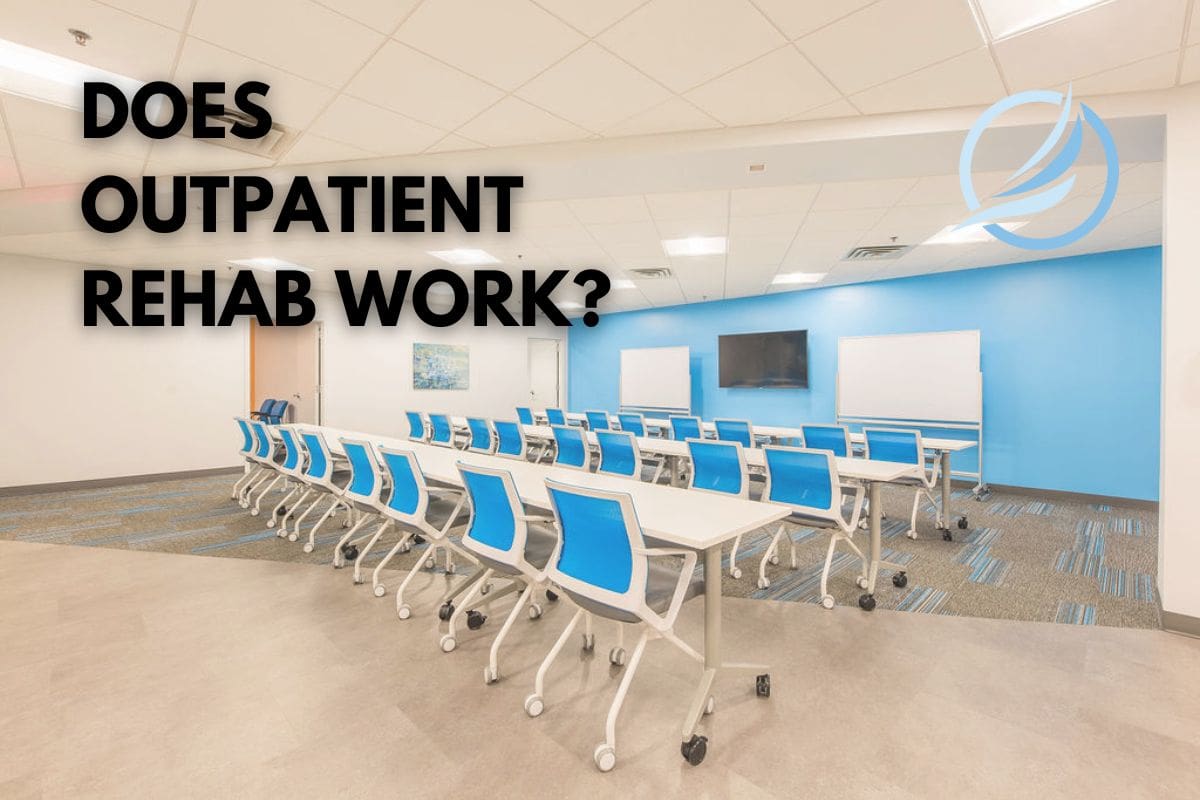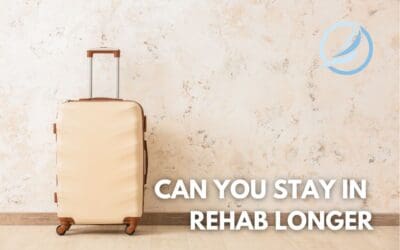At its core, outpatient rehab is designed to provide therapy, support, and resources necessary for recovery, tailored to fit into the rhythm of everyday life. For many, the balance of structured treatment and personal responsibility is not just a preference but a necessity. From attending therapy sessions to participating in group support, outpatient rehab encompasses a spectrum of services aimed at fostering long-term recovery.
But how effective is this approach compared to more intensive inpatient treatments? Here, we explore outpatient rehab’s realities, benefits, and considerations, offering insights to help you or your loved ones make informed decisions about addiction treatment.
What is Outpatient Rehab?
Outpatient rehab blends medical guidance, therapeutic intervention, and a support network, all designed to be integrated into the daily life of the individual seeking help. Unlike inpatient rehab, which requires staying at a treatment facility, outpatient programs allow participants to live at home while undergoing treatment.
They typically include individual counseling, group therapy, and educational sessions about addiction and recovery and may also incorporate holistic approaches like mindfulness and stress management techniques.
The essence of outpatient rehab is to empower individuals with the tools and support they need to overcome addiction while maintaining their regular commitments to family, work, or education. This approach helps maintain a semblance of normalcy and apply the learned recovery strategies in real-world settings. It is particularly beneficial for those with solid home support systems and a stable environment conducive to recovery.
How Does Outpatient Rehab Work?
Outpatient rehab offers a harmonious blend of structure and flexibility, crafted to meet the unique challenges and needs of those battling addiction.
- Treatment Setting and Daily Life: Participants live at home and continue with their daily responsibilities, such as work, school, or family care. This setup allows for real-time application of recovery strategies in everyday settings.
- Frequency and Duration of Treatment Sessions: Treatment sessions are scheduled several times a week, typically for a few hours each session. This flexible schedule accommodates the individual’s routine.
- Therapy and Support Services: Both outpatient and inpatient rehabs offer similar therapies, including individual counseling, group therapy, and educational workshops. However, the intensity and focus may vary. However, outpatient provides a balance of therapy and personal time, enabling participants to integrate coping strategies into their daily lives gradually.
- Level of Autonomy and Responsibility: Demands a higher level of self-discipline and motivation, as participants must actively resist daily temptations and triggers.
Benefits of Outpatient Rehab
Outpatient rehab offers several advantages that make it an appealing option for many individuals seeking addiction treatment.
- Flexibility and Integration with Daily Life: Participants can continue their regular routines, including work, school, and family responsibilities, while receiving treatment. This integration helps in applying recovery strategies in real-life contexts.
- Cost-Effectiveness: Generally, outpatient rehab is more affordable than inpatient treatment. This cost-effectiveness makes it accessible to a broader range of individuals, reducing financial barriers to seeking treatment.
- Support Within Community and Familiar Environment: Outpatient rehab allows individuals to remain in their own environment, supported by family and friends. This support system can play a crucial role in the recovery process.
- Opportunity for Gradual Transition: This approach provides a gradual transition back into everyday life, progressively allowing individuals to implement coping strategies and relapse prevention skills.
- Access to Diverse Therapies and Programs: Outpatient settings often offer a variety of therapeutic approaches, including individual counseling, group therapy, and educational workshops, providing a comprehensive treatment experience.
- Maintaining Privacy and Normalcy: Outpatient rehab can be more discreet, allowing individuals to maintain their privacy and normalcy in their social and professional lives.
Challenges and Considerations
While outpatient rehab offers numerous benefits, it’s important to acknowledge and prepare for its challenges and considerations.
- Self-Discipline and Motivation: Outpatient rehab requires a significant level of self-discipline. Participants must be motivated to attend all scheduled sessions and actively engage in recovery.
- Exposure to Daily Triggers: Staying in one’s regular environment means facing daily triggers and temptations. Successfully managing these without the controlled environment of inpatient rehab can be challenging.
- Dependence on a Stable Home Environment: The effectiveness of outpatient rehab is partly contingent on having a supportive and stable home environment. Without this, the risk of relapse may increase.
- Balancing Treatment with Daily Responsibilities: Juggling treatment with work, school, or family responsibilities can be stressful and demanding, requiring efficient time management and prioritization.
- Risk of Incomplete Treatment: With the flexibility of outpatient rehab comes the risk of incomplete treatment due to external factors like work pressures or family commitments.
- Limited Access to Medical and Emergency Support: Unlike inpatient rehab, outpatient programs may offer limited immediate access to medical and emergency support, which can be a concern for some patients.
Recognizing these challenges is key in preparing for and effectively navigating the journey of outpatient rehab. For many, the benefits outweigh these challenges, but it’s essential to consider these factors in making an informed treatment choice.
Choosing the Right Outpatient Program
Selecting the appropriate outpatient rehab program is a critical step in the journey to recovery. Here are key factors to consider:
- Location and Accessibility: The facility’s location should be convenient for the patient, ensuring regular attendance of therapy sessions and meetings.
- Staff Qualifications and Experience: The qualifications and experience of the staff are paramount. Ensure the team is trained and certified in addiction treatment and has the necessary compassion and support skills to guide patients through recovery.
- Types of Therapies and Services Offered: The range of therapies and services provided is crucial. Look for programs offering individual and group therapy, cognitive-behavioral therapy, and support for co-occurring disorders.
- Cost and Insurance Coverage: Consider the cost and insurance coverage of the program. It should be affordable and within the patient’s budget, with transparent pricing and payment options.
In conclusion, outpatient rehab presents a viable option for those seeking addiction treatment while balancing life’s responsibilities. Its flexibility, cost-effectiveness, and integration with daily routines make it an appealing choice for many. However, it’s important to recognize its challenges, including the need for self-discipline, managing daily triggers, and the reliance on a stable support system.
Remember, the path to overcoming addiction is deeply personal, and outpatient rehab offers a tailored approach that respects and supports this individuality. Whether choosing outpatient or inpatient rehab, the commitment to recovery is a commendable step toward a healthier, fulfilling life.

































